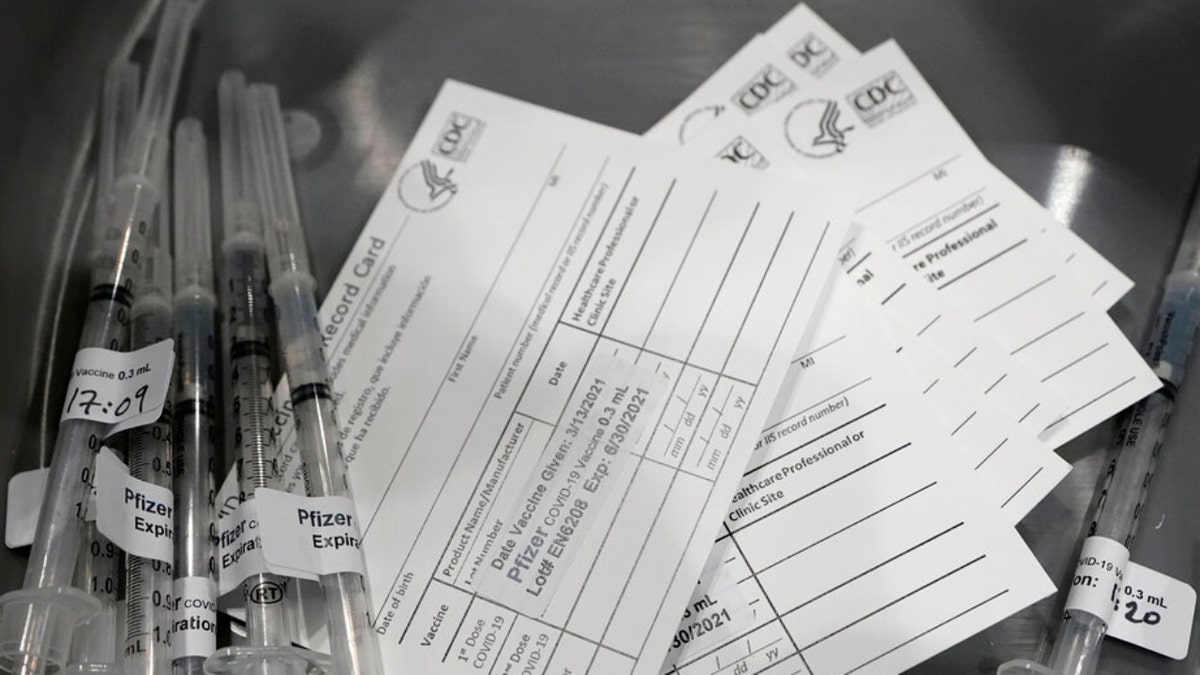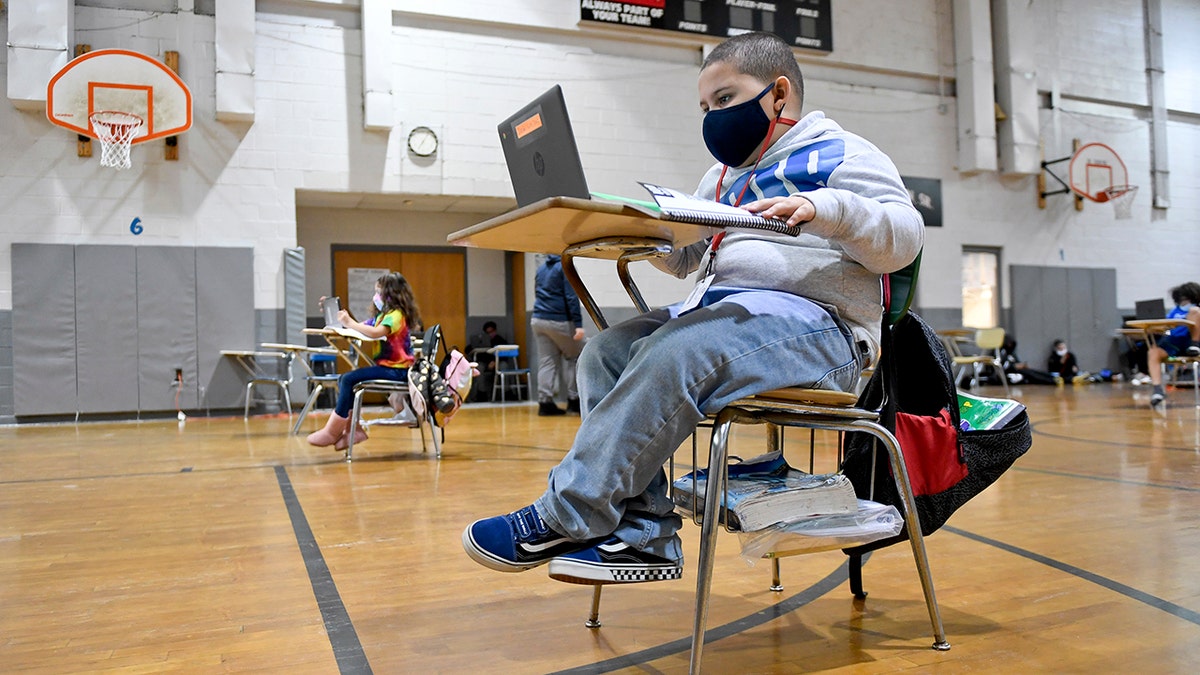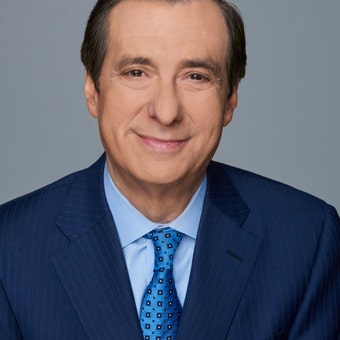'Golden Girls' star Betty White changed with the times: Kurtz
Howard Kurtz remembers the life of 'Golden Girls' star Betty White on 'Fox News Live.'
Pandemic politics are changing before our eyes, forcing us to confront some overdue questions about the tradeoffs between safety and a functioning society.
With the daily COVID count having topped 1 million cases, it’s about time we moved beyond the rigid left and right arguments. There is a growing realization that we have to live with omicron and whatever variants follow, rather than vanquishing it like some military enemy.
And after the frustrating lockdowns of 2020, the emerging consensus is that we can’t keep shutting down businesses, not when there are vaccines available to protect those who get the virus from serious illness. Unfortunately, many companies are being squeezed by a bottom-up shutdown caused by waves of infected workers who must be isolated. That’s why the Centers for Disease Control and Prevention (CDC) cut the recommended isolation period to five days, though the agency has flip-flopped and muddled its messages so many times that its guidance is increasingly irrelevant.
FROM ELIZABETH HOLMES TO BANNING CONSERVATIVES, SILICONE VALLEY UNDER FIRE
The new front burner issue: How do we count the coronavirus?
Some scientists and journalists recently began pushing the idea that counting new cases is pointless, in part because authorities have no way of tracking positive results for all the at-home tests. (The Biden administration’s botching of the severe shortage of test kits doesn’t change the situation, as some of the 500 million the president has ordered should be available soon.)

Syringes with doses of the Pfizer COVID-19 vaccine shown next to vaccination cards. (Associated Press)
Beyond the confusing numbers, the mildness of omicron has meant that deaths from COVID have actually declined slightly, by about 3%, while new cases have surged more than 250%. In this view, deaths and hospitalizations are a far more important barometer than the total number of infections.
As I noted on "Fox News Sunday," stopping the counting of cases – or just shifting the media spotlight – would be a New Year’s gift for President Biden after two years of obsessive focus on the daily numbers.
National Review’s Jim Geraghty is feeling vindicated:
"After nearly two years of articles warning people about the severity of COVID-19, how wildly contagious the variants are, describing the ailments of those with ‘long COVID’ and relentlessly spotlighting every other potentially dire outcome, The Atlantic runs an article about how people are being paranoid and testing themselves for COVID too much. Gee, I wonder how people ended up in that fearful mindset."

Fully vaccinated individuals should seek guidance of a health care provider should they develop COVID-like symptoms, (iStock)
I think that’s a tad unfair to The Atlantic, which has also run pieces on rural residents and Generation Z believing the pandemic is essentially over. In the piece cited by Geraghty, physician Benjamin Mazer says, of course, some people have to seek COVID tests required for work or access to public places. But he says "testing is, for now, a zero-sum game. Each unnecessary swab that you consume means one fewer is available for more important purposes — such as diagnosing a symptomatic infection."
SUBSCRIBE TO HOWIE'S MEDIA BUZZMETER PODCAST, A RIFF OF THE DAY'S HOTTEST STORIES
The debate is playing out in other venues as well. Virtually everyone agrees that it’s better for schools to remain open, given the mental health toll of shutdowns in the last academic year. But Chicago teachers are on strike rather than returning to the classroom. The teachers unions insisted they wanted to return but had to get priority for vaccinations; now some want to resort to virtual learning again.

Jandel Diaz does his school work on a laptop computer at the Mulberry Street location of the Olivet Boys and Girls Club in Reading, Pennsylvania, Jan. 19, 2021. (Getty Images)
It’s a complicated dilemma, though. Some schools have been forced to close temporarily because of omicron-induced teacher and staff shortages. And many private colleges, where politicians don’t get to decide, have switched to remote learning for January.
French President Emmanuel Macron is pushing his own solution. "I really want to p--- off the unvaccinated," he says, by denying them access to restaurants, cafes, museums and other public spaces. And some are duly p---ed. But while a few American cities have explored that route, the Biden administration knows it would cause a tremendous backlash.
CLICK HERE TO GET THE FOX NEWS APP
So here we are in 2022, hoping that omicron is just a January thing but uncertain about what lies ahead. And the rough answer seems to be accepting more virus risks, keeping the wheels of the economy turning, preaching to the converted on vaccinations and hoping the pandemic morphs into something like the winter flu.










































